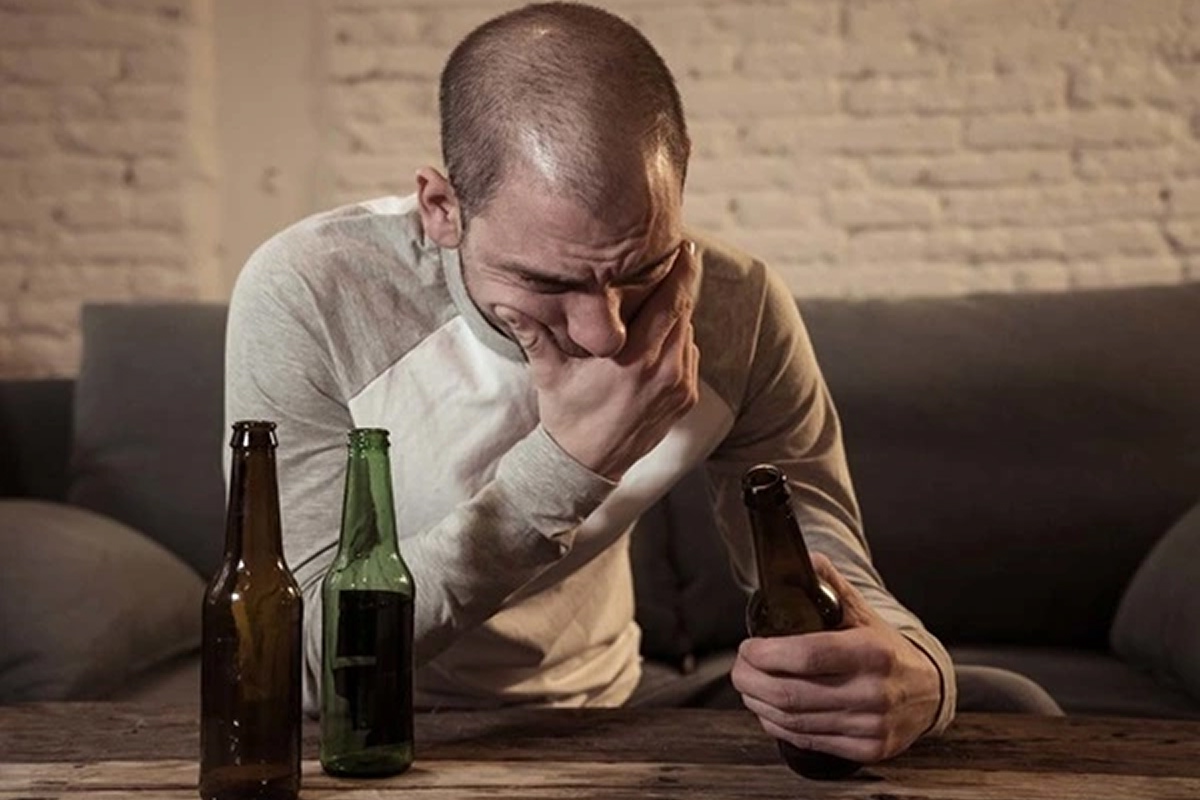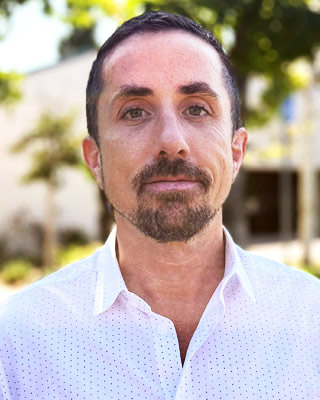Key Takeaways
- Alcohol withdrawal can be dangerous and may require medical care to prevent life-threatening complications.
- Alcohol detox with professional supervision offers safety, comfort, and preparation for long-term recovery.
- 12 South Recovery provides full support through detox, therapy, and continuing care to help clients build a fulfilling, alcohol-free life.
Goodbye to the Bottle, Hello to Healing
Drinking alcohol may be a normal part of everyday life for many. Whether drinking at parties, to reduce stress, or as a habit, alcohol can feel harmless. But when drinking goes from just drinking to alcohol use disorder, the body adapts, relying upon it to continue functioning normally. When it stops, the body literally revolves and suffers serious withdrawal symptoms. Alcohol withdrawal can be dangerous and uncomfortable, especially without help.

What is Alcohol Withdrawal
It is the body’s response when someone who has developed alcohol dependence suddenly reduces or stops drinking. Alcohol works as a depressant, slowing the central nervous system. Over time, the body adapts, creating a physical and psychological reliance on alcohol.
When drinking stops, the brain becomes overstimulated, leading to uncomfortable and sometimes dangerous symptoms. These can range from mild discomfort to severe medical emergencies. That’s why professional detox is highly recommended instead of going through it alone.
Signs of Alcohol Withdrawal
Signs of alcohol withdrawal can show up within hours of the last drink. Early symptoms may include:
- Trembling or shaking hands
- Sweating and increased heart rate
- Nausea and vomiting
- Headaches and anxiety
As withdrawal progresses, symptoms may intensify. People might experience confusion, irritability, or even hallucinations. Recognizing these signs is critical so treatment can begin right away.
Alcohol Withdrawal Symptoms
Alcohol withdrawal symptoms vary in severity, but they often fall into three categories: mild, moderate, and severe.
Mild Symptoms of Alcohol Withdrawal:
- Headaches: Common early signs as the brain adjusts to sudden changes in chemicals.
- Nervousness: Anxiety and tension often rise within hours after the last drink.
- Restlessness: Difficulty sitting still or feeling “on edge.”
- Trouble sleeping: Insomnia or disrupted sleep patterns are frequent during the first night.
Moderate Symptoms of Alcohol Withdrawal:
- Vomiting: Nausea and stomach distress can become more intense.
- Irregular heartbeat: The heart may race or beat unevenly, which can be dangerous if not monitored.
- Mood swings: Irritability, sadness, or anger can appear suddenly.
- Sensitivity to light and sound: Everyday noises or brightness may feel overwhelming and uncomfortable.
Severe Symptoms of Alcohol Withdrawal (Delirium Tremens):
- Seizures: Sudden convulsions can happen and require emergency care.
- Extreme confusion: Disorientation and difficulty recognizing surroundings or people.
- Rapid changes in blood pressure: Sudden spikes or drops can stress the heart and other organs.
- Hallucinations: Seeing or hearing things that aren’t real, creating fear and agitation.
Alcohol Withdrawal Timeline
The alcohol withdrawal timeline depends on how long someone has been drinking, how much, and their overall health.
- 6 to 12 hours after the last drink: Mild symptoms such as shaking, sweating, and anxiety begin.
- 12 to 24 hours: Symptoms increase, with confusion, irritability, and nausea.
- 24 to 48 hours: Hallucinations and stronger physical reactions may develop.
- 48 to 72 hours: Risk of seizures and delirium tremens is highest.
- After 72 hours: Symptoms gradually decrease, though psychological effects like depression or cravings may remain.
Because every person is different, detox requires careful monitoring to keep withdrawal safe.
What Does Alcohol Withdrawal Feel Like
For many, it feels like an intense version of the flu mixed with severe anxiety. The body shakes, the heart races, and sleep becomes nearly impossible. Emotionally, people describe it as overwhelming, with feelings of fear, sadness, or agitation.
Without support, this experience can be too much to handle. At 12 South Recovery, our team provides care and comfort during every stage of detox to make the process safer and more manageable.
Alcohol Dependence and Withdrawal Symptoms
Alcohol dependence and withdrawal symptoms go hand in hand. Dependence means the body has rewired itself to rely on alcohol for daily functioning. Removing it suddenly creates a shock. The longer someone has been dependent on alcohol, the more difficult withdrawal can be.
This shock is why withdrawal symptoms can escalate quickly. Dependence is a sign that professional addiction treatment is necessary to regain health and stability.
Alcohol Addiction and Withdrawal
Alcohol addiction and withdrawal are deeply connected. Addiction is not just about cravings or habits; it is also about the body’s physical need for alcohol. Once addicted, withdrawal becomes one of the biggest barriers to quitting.
Trying to stop drinking without support often leads to relapse. People drink again just to make withdrawal symptoms go away. This cycle is why supervised detox is such an important step in recovery.
Medications for Alcohol Withdrawal and Detox
Medications for alcohol withdrawal and detox can make the process safer and more comfortable. Doctors may use medicines like benzodiazepines to reduce anxiety and prevent seizures. Other medications help with nausea, headaches, and sleep problems.
Medication management allows people to move through detox without as much suffering. It also lowers the risk of life-threatening complications. At 12 South Recovery, our clinicians use medical supervision to stabilize clients during detox and prepare them for long-term treatment.
Alcohol Detox at 12 South Recovery
Alcohol detox at 12 South Recovery is designed to provide safety, comfort, and support. Our team of doctors, nurses, and therapists works together to monitor withdrawal, reduce symptoms, and guide clients into ongoing care.
Detox is only the first step, but it sets the foundation for lasting recovery. After detox, clients may continue with residential treatment, PHP, IOP, or other levels of care. We also provide therapies like CBT, DBT, EMDR, and relapse prevention to help clients address both physical and emotional aspects of addiction.
Start Healing at 12 South Recovery Today
At 12 South Recovery, we help clients break free from alcohol dependence and addiction in a safe and supportive environment. Our detox program gives you the medical care you need, while our therapy programs help uncover the reasons behind addiction. Together, we can help you move forward into a healthier and happier future. Call 12 South Recovery Today!































